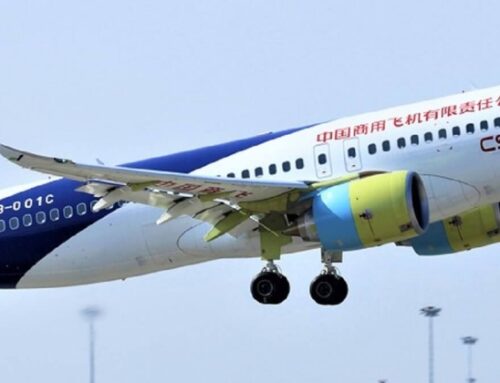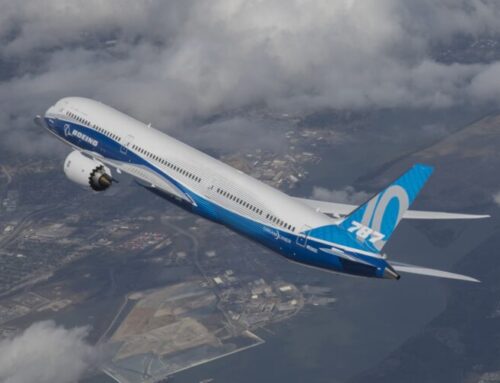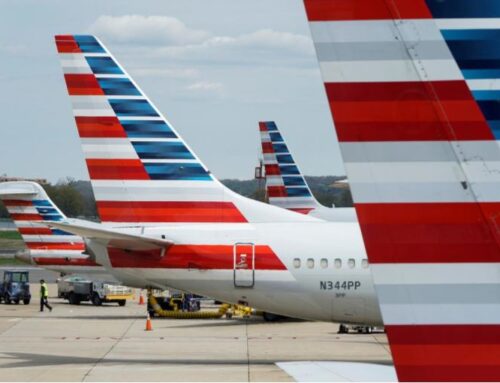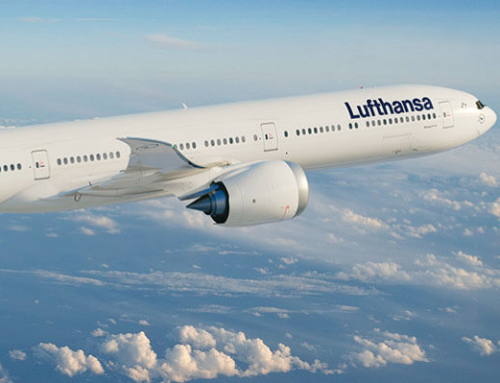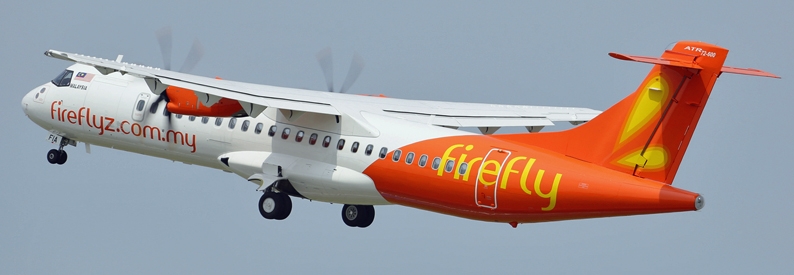
A groundbreaking venture between Wizz Air and UK-based Firefly could soon see aircraft powered by jet fuel derived from human waste. Firefly has unveiled plans to construct a commercial refinery in Essex, aimed at transforming treated sewage into sustainable aviation fuel (SAF).
Wizz Air, in support of this innovative technology, has committed to purchasing up to 525,000 tonnes of SAF from Firefly over the next 15 years, a deal potentially valued in the hundreds of millions of pounds. This order aligns with the growing need for airlines to incorporate a minimum proportion of sustainable fuel, with upcoming EU regulations mandating at least 20% SAF usage by 2035 and the UK expected to set a 10% requirement by 2030.
Firefly’s proposed pilot refinery in Harwich will process biosolids supplied by Anglian Water into SAF. Biosolids, a byproduct of the sewage treatment process, are described by Firefly’s chief operations officer, Paul Hilditch, as having “no intrinsic value” yet abundant enough to potentially meet up to 5% of the UK’s airline fuel demand.
The initiative taps into the underutilized resource of biosolids, which are primarily used as a soil enhancer on farmland. However, with stringent sustainability criteria looming, the potential to convert these biosolids into a viable jet fuel alternative presents a dual opportunity: reducing waste and curbing aviation emissions.
While Firefly has produced test quantities of SAF that are reportedly indistinguishable from conventional jet fuel, the full-scale production awaits regulatory approval and necessary funding. If successful, the company anticipates commercial production could begin by 2028-29, initially serving London airports with potential expansions within the UK.
Yvonne Moynihan, Wizz Air’s corporate and ESG officer, emphasized that alongside modernizing fleets and enhancing operational efficiencies, SAF is crucial for reducing aviation’s carbon footprint. Wizz Air aims to achieve a 10% SAF usage across its operations by 2030, contingent on an escalation in SAF production and deployment.
Despite this innovative approach, environmental groups caution that using human waste for jet fuel may not fully align with sustainable practices. Critics argue that biosolids could alternatively produce biomethane, and there is ongoing debate over the most beneficial use of this resource.
Nonetheless, the collaboration between Firefly and Wizz Air marks a significant step towards integrating more sustainable fuel sources in aviation, potentially setting a precedent for global practices in waste-to-energy conversions.
Sources: AirGuide Business airguide.info, bing.com, theguardian.com

